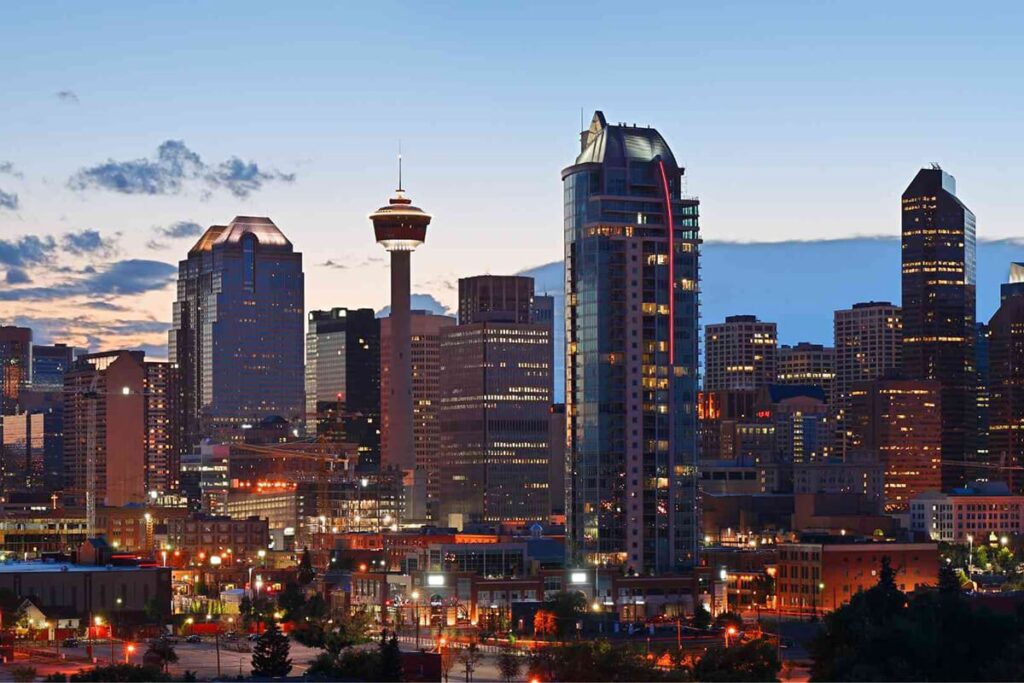Organizers of a global health conference due to take place in Calgary next year have relocated the event to Bali due to “significant delays” in visa approvals.
The International Health Economics Association's (IHEA) annual conference takes place every two years and typically attracts more than 1,000 delegates from dozens of countries, but the IHEA says it can't risk hosting its 2025 conference in Canada, given visa processing times of up to eight months and what it says are prohibitive costs.
“We decided to pull the conference out of Canada and hold it in a country with a less discriminatory visa system,” IHEA President Kara Hanson said in an interview.
“I'm very disappointed and really frustrated.”
Dr Hanson said the IHEA aims to bring people from around the world together to collaborate and share research.
“I think this is really unfair and a huge self-defeat on the part of Canadian immigration authorities to make it so difficult for people with legitimate reasons to cross the border,” she said.
Some Canadian academics say the visa issues cited by the IHEA are part of a pattern making it difficult for researchers to come to the country for conferences and other work.
Visa issues have posed a stumbling block at the 2022 International AIDS Conference in Montreal, with hundreds of delegates from developing countries complaining they are unable to attend the conference because their visa applications have been rejected or are stuck at several Canadian missions.
Isabelle Dubois, a spokesperson for Immigration, Refugees and Citizenship Canada, said in an email that the department has “successfully assisted organizers of hundreds of international events,” with more than 400 events registered with IRCC this year alone.
“We can confirm that IHEA registered the 2025 event and received a code to use our services, but later requested cancellation,” Dubois said. “The decision to relocate the event was made by the organizers.”
She said conference organizers met with IRCC in May to discuss visa procedures.
Dubois added that the department is working to speed up the application process, including hiring new processing staff in 2022.
Meredith Terretta, a history professor at the University of Ottawa and lead researcher for Visa Barriers, a project tracking visa issues for African scholars wanting to travel to Canada, said there doesn't appear to be a pattern to whose applications are rejected.
Professor Terretta said he is currently running an international research training group, inviting two professors (one from Ghana and one from Cameroon) and four doctoral students (two from Ghana and two from Cameroon).
Of the four students, only three were able to obtain visas. Neither of the professors were able to obtain visas.
“When the outcomes are so random, it makes it very difficult to even plan events or strategize how to deal with this issue,” she said.
Madhukar Pai, Canada research chair in epidemiology and global health at McGill University and deputy director of the McGill International Tuberculosis Centre, called on the federal government to address delays in visa decisions.
“We also need to look at the systemic bias against some regions,” he said. “For me, the African region is extremely important. There should not be an anti-African bias in policies. Africa has great experts who deserve the opportunity to come here to learn and work.”
Dr Pai said he still remembers the disappointment he felt when he was denied a visa to the US as a student planning to attend a summer programme at Johns Hopkins University in the 1990s.
He queued for hours outside the US consulate in India, only to have his application rejected after an interview that he said lasted less than 30 seconds.
“I went home crying. It took me days to recover from the trauma and I still think about it today,” he said.



